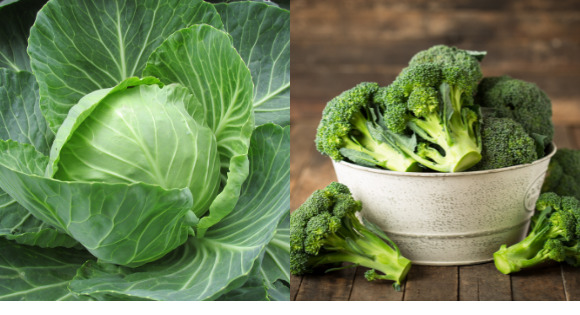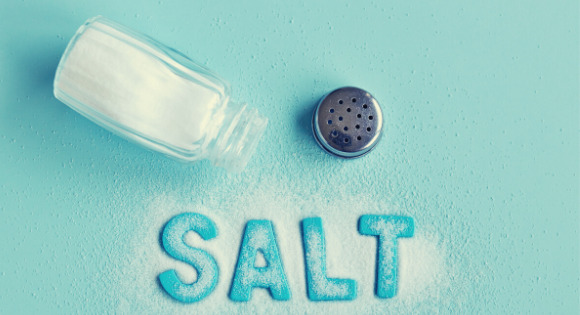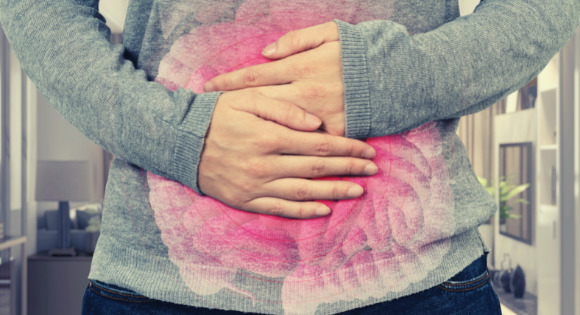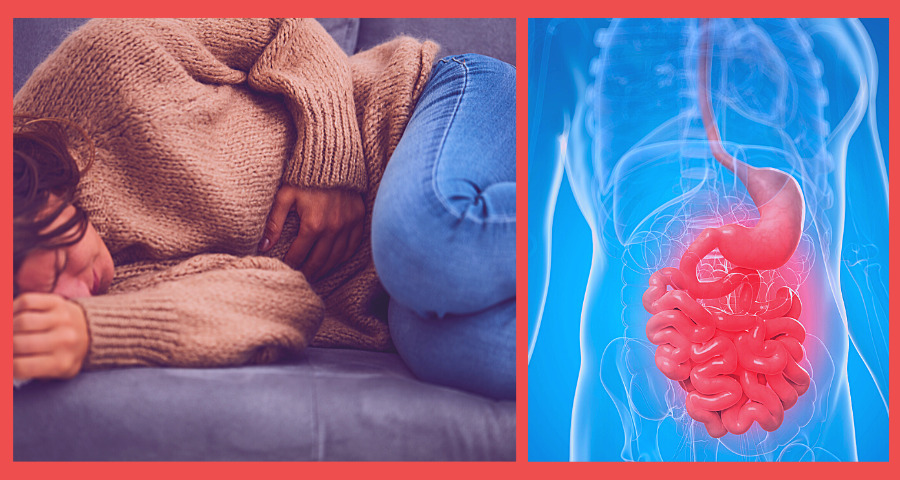Today I am sharing a few useful tips on how to reduce bloating which is something we all struggle with at some point. Bloating is the feeling that you experience when you’ve eaten a bit too much.
Several factors can cause bloating, i.e., overeating, the tempo at which you eat, the types of food in your diet, and more. Some medical conditions like Crohn’s disease, celiac disease, ulcerative colitis, or irritable bowel syndrome can also lead to bloating. Here are some tips on how to reduce bloating.
9 Helpful Tips On How To Reduce Bloating
1. Mind Your Carb Intake
Your body uses carbs quicker than fat or protein which generally takes longer to digest. Your body uses what it needs for fuel and then stores whatever is left. It first stores it as glycogen (responsible for water retention) and then in your fat cells. Both issues can lead to bloating, therefore, it helps to avoid bad carbs like pastries and white bread. Instead, indulge in healthy carbs like veggies and whole grains.
2. Try To Avoid Gassy Foods
Beans are rich in protein and fiber, however, they also contain raffinose which must be broken down by bacteria. This generates gas that results in bloating. Other foods that contain raffinose are Brussel sprouts, broccoli, and cabbage.

3. Drink Less Fizzy Drinks
Fizzy beverages like beer and bubbly drinks fill up the digestive system. When you burp you get rid of some of it, however, some pass through the digestive system first. It will eventually pass through the other end, hence the term “passing gas”.
4. Try Not To Eat Too Much
Your stomach is the size of your fist. When you overindulge, your stomach starts to stretch which can lead to bloating. Too much salty, fatty, and calorie-laden foods can also make you feel bloated.
5. Don’t Eat Too Fast
When you eat too fast, you swallow air. Sometimes when you swallow air, your stomach swells and traps the air which then goes to the intestines. Remember, it takes 30 minutes for the brain to signal your stomach that it’s full.

6. Eat Less Salt
Salt is essential for bodily function, however, this doesn’t mean you should eat plenty of salty foods. Too much salt leads to water retention which in turn makes you feel bloated. It can also lead to other medical issues like high blood pressure and kidney problems. Fast foods and processed foods are generally unhealthy and contain a lot of salt. You might be getting in more salt than you realize through the foods you consume.
7. Maintain Healthy Weight
People who have gained more than ten pounds during the last year, generally struggle with bloating. IT could be because most of the excess weight tends to go around the belly which does not leave a lot of room for the stomach to stretch. Exercise and a healthy diet can help you with maintaining a healthy weight.
8. Constipation
Constipation often goes hand in hand with bloating. It usually occurs when your body needs exercise, water, or fiber. However, illness, diet changes, or stress can also be the culprits. If you keep losing weight with no apparent reason, it might be time to see your doctor.

If the weight loss continues for more than one to two weeks and you experience symptoms of dizziness, blood in the stool, or pain, it could be due to a more serious underlying medical issue. Consult with your doctor as soon as possible.
9. Limit Fat Calories
It takes a while for fat to digest in the body, which means it sits around the stomach. Fat is calorie-dense and can quickly lead to weight gain and bloating. You can limit fat calories by eating lean protein, veggies, and whole grains.
Conclusion
I hope you have found this post about 9 tips on how to reduce bloating helpful and that you will implement some of them to see if the issue improves.
Sending you lots of love, light, and bloating-free vibes.
Anthea


